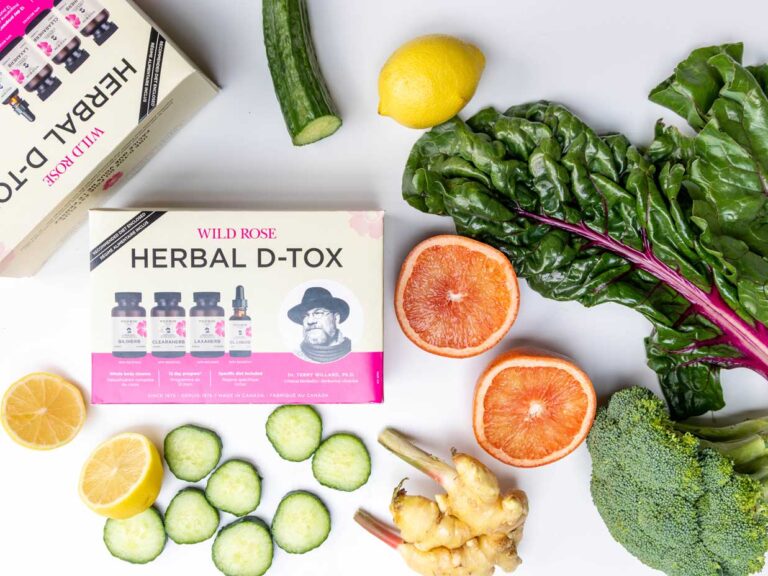
The human body has a number of natural detoxification pathways, including the skin, liver, kidneys, lungs, colon, and lymphatic system. These systems function as filters, removing toxins and by-products the body no longer needs.
In our modern world, we are exposed to various toxins daily, from air pollution, synthetic materials, radiation, and mold, to chemicals like herbicides and pesticides. Even processed and refined foods contribute to the body’s toxic load. Environmental factors, such as living near industrial facilities, can significantly increase toxin exposure. When the body becomes overburdened by these toxins, it may manifest symptoms such as skin rashes, food sensitivities, or other warning signs.
Supporting Natural Detoxification
While reducing processed foods, alcohol, and other toxic substances can help alleviate some of the burden, relying excessively on detox programs may be counterproductive. Frequent use of detox supplements or programs can lead to dependency, causing individuals to neglect other important health habits like regular exercise and proper nutrition. Remember, the body has its own effective detoxification mechanisms.
Instead of frequently turning to detox programs, a more sustainable approach is to support the body’s natural detoxification processes through mindful lifestyle choices, including diet and reducing environmental exposure. Detox programs or supplements should only be used occasionally, as needed, to complement a healthy lifestyle.
If you decide to use a detox supplement or program, it is essential to follow these guidelines to ensure safety and effectiveness:
Detoxification may not be suitable for everyone. If you have an underlying health condition, are taking medication, or are dealing with high stress or toxin overload, detox programs can cause serious side effects. Always consult with a healthcare professional before starting any detox regimen.
Studies suggest intermittent fasting may improve risk factors for heart disease, such as blood pressure, cholesterol, triglycerides, and inflammation (1). However, it may not be appropriate for everyone, especially those with medical conditions, genetics, or high stress levels. As with detoxification, it’s important to consult a healthcare provider to determine if intermittent fasting is right for you.
Benefits of Soluble Fiber
Soluble fiber plays a crucial role in supporting your body’s natural detoxification processes. Here are some key benefits:
Many common household products, from perfumes to cleaning supplies, contain potentially harmful chemicals. Ingredients such as parabens, BHT, and other preservatives are scientifically linked to adverse health effects, including hormone disruption and skin irritation. Products labeled with vague terms like “fragrance” can hide toxic chemicals, contributing to your overall toxin load (3).
Common sources of hidden toxins include:
Many cleaning products also contain respiratory irritants, including antibacterial agents like chlorine bleach and quaternary ammonium compounds (4).
Certain herbs are commonly found in detox supplements and teas, including:
In addition to these herbs, incorporating detoxifying foods into your diet can support your body’s natural pathways. Examples include:
By incorporating these foods, staying mindful of environmental toxins, and using occasional detox support, you can enhance your body’s ability to eliminate toxins, potentially improving energy levels, mental clarity, and reducing inflammation.
Note: All information in this article is intended for educational purposes only and is not meant to diagnose, treat, or prevent any disease. Consult with your doctor before making changes to your diet, supplements, or exercise routine.
(1) https://www.healthline.com/nutrition/10-health-benefits-of-intermittent-fasting#TOC_TITLE_HDR_6
(2) https://www.ncbi.nlm.nih.gov/pmc/articles/PMC9268622/
(3) https://www.ewg.org/enviroblog/2016/05/time-cleaning-products-come-clean-ingredients
(4) https://www.ncbi.nlm.nih.gov/pmc/articles/PMC1253722/